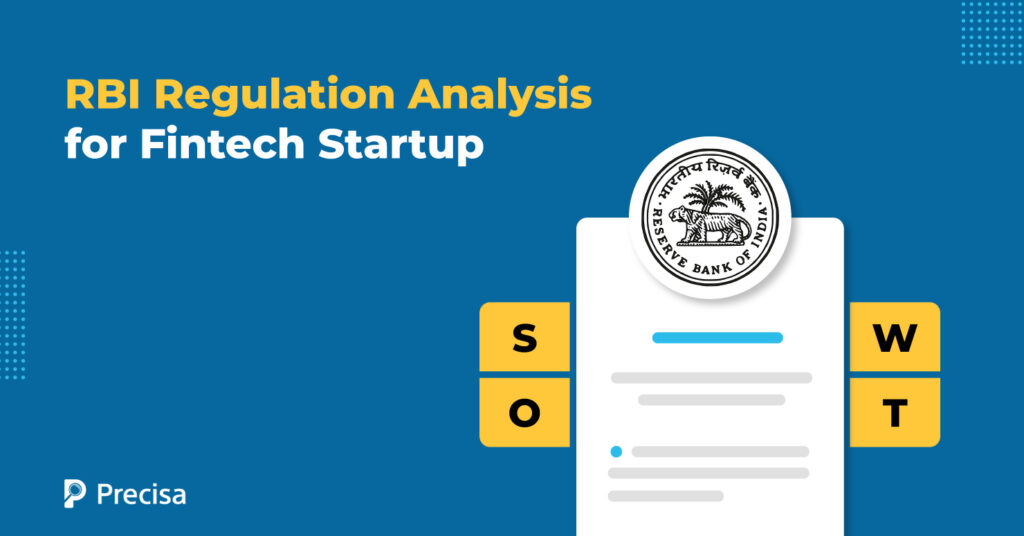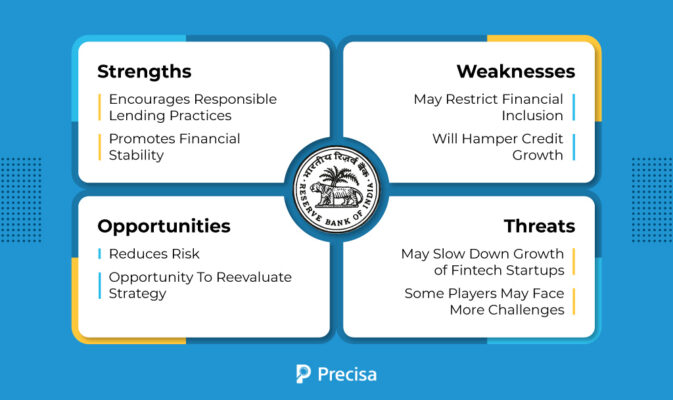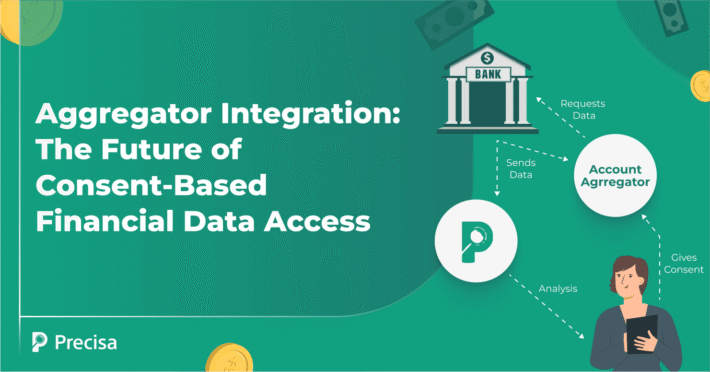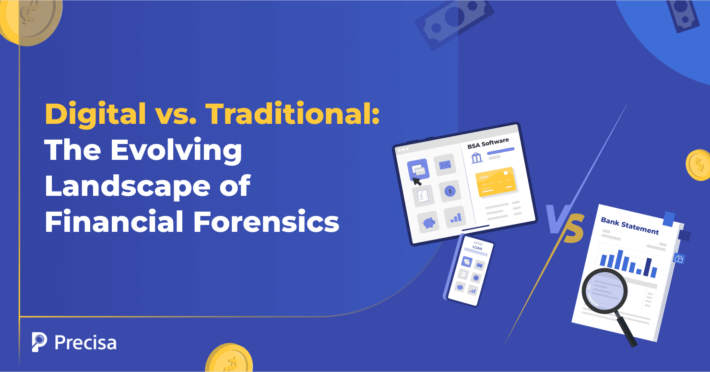Fintech Startups: SWOT Analysis of RBI Regulations Regarding Consumer Borrowing

India, home to 9,000 fintechs, has the third-highest number of fintechs globally and holds a 14% share of Indian startup funding. Many fintech startups in India have forayed into digital lending. These fintech companies extend credit through the Non-Banking Finance Companies (NBFCs) they own or their partnerships with other NBFCs.
As per industry estimates, the digital lending market is expected to grow to USD 515 billion by 2030. The unbridled growth caused some concerns among the regulators; it prompted the Reserve Bank of India (RBI) to devise policies to deal with the current challenges faced by the consumer lending segment.
Fast-Paced Growth of Digital Lending: A Double-Edged Sword?
Digital lending not only transformed the credit landscape but has also acted as an enabler for financial inclusion in the country. The expansive penetration of mobile and internet networks has helped a large number of underserved individuals access banking through various channels. However, about 190 million Indians still remain unbanked.
The fast-growing fintech space in India is a double-edged sword; it offers tremendous opportunities for lenders and consumers but also serious threats. For example:
- Fintech startups offer personalised, easily accessible and user-friendly products to customers. Tech-enabled solutions are causing a paradigm shift in the way the financial industry functions.
- Alternative credit scoring models and the availability of services on mobile devices are helping those excluded from traditional channels gain access to credit.
- However, the introduction of multiple lending mobile applications led to spurious organisations not recognised by the RBI entering the lending market.
- Unscrupulous business practices resulted in a rise in consumer complaints related to excessive charges, fraudulent activities, and opaque processes.
- Customers also faced harassment during collections and data privacy and security breaches.
- The rapid growth in loan disbursements in the unsecured personal loan segment resulted in stressed portfolios and higher NPAs.
An Overview of RBI Regulations
The rapid growth of unsecured loans and consumer complaints, rising NPAs and consumer indebtedness prompted the RBI to issue a directive emphasising the need for regulated entities to review their exposure to unsecured credit.
The RBI governor in the past highlighted the growing dependency of NBFCs on bank borrowing. Additionally, he recommended that banks and NBFCs strengthen their internal surveillance and risk assessment tools to address potential challenges.
As per the new directive, RBI has tightened rules for consumer lending. As a result,
- Banks and NBFCs need to set aside higher buffers. They are also required to formulate board-approved policies for monitoring exposure limits to this segment.
- Lenders are required to increase the risk weight for consumer credit exposure of banks and non-banking financial companies (NBFCs) or the amount of capital to be set aside against unsecured loans they disburse.
- RBI also increased the risk weightage for new and outstanding consumer credit exposure of commercial banks and NBFCs by 25 percentage points; earlier, it was 100%, and now it has been raised to 125%.
A SWOT Analysis of The Impact of RBI Guidelines on Fintech Startups
The cost of capital for the NBFCs will rise owing to the above changes. Fintech startups will have to allocate extra capital for unsecured lending due to the impact of the changed norms on their capital adequacy ratios. Banks lending to NBFCs will also need to reserve additional capital.
Below is a detailed discussion of the Strengths, Weaknesses, Opportunities and Threats, SWOT analysis of the new guidelines.
Strengths
a. Encourages Responsible Lending Practices
The regulations by RBI are focused on tackling the issue of overindebtedness, especially in the vulnerable segment. The aim is also to prevent predatory practices followed by some lenders, often causing severe distress to borrowers.
b. Promotes Financial Stability
Excessive consumer borrowing harms individuals and also poses systemic risks in the market. The move will tackle the surge and high delinquency rates in small ticket-size loans.
c. Long-Term Benefits For The Sector
The RBI move highlights the need for fintech startups to balance the need to meet credit demand and ensure sound lending practices. It will contribute to the long-term health and sustainability of the sector.
Weaknesses
a. May Restrict Financial Inclusion
Changes in the RBI policy are indicators for lenders to exercise caution, especially in the small-ticket loans segment. It may lead to the exclusion of the underserved segment from the formal credit channels due to more stringent norms.
b. Will Hamper Credit Growth
The move could also lead to an overall decline in credit growth due to tighter norms and loans becoming more expensive.
Opportunities
a. Reduces Risk
RBI’s norms will go a long way in reducing risk; stricter underwriting criteria will ensure lenders have quality portfolios. The new measures will nudge lenders towards a more careful assessment of applications.
b. Opportunity To Reevaluate Strategy
The increase in risk weight allows fintech startups to reassess their approach to loan disbursement and recovery. The changes also emphasise the importance of risk management.
Threats
a. May Slow Down Growth of Fintech Startups
RBI’s measures may dampen the fast-paced growth of early-stage fintechs that need to grow quickly. They have seen their balance sheets grow through co-lending with NBFCs and direct lending. Their growth prospects will slow down in the medium term due to higher funding costs.
b. Some Players May Face More Challenges
Fintech startups lacking diversity in their debt capital structure will be affected more due to the rising cost of funds. Players with a sound capital base and calibrated underwriting will face minimal impact.
To Sum It Up
The RBI regulations regarding consumer borrowing will have medium and long-term impacts on fintech startups. As the fintech space is fast evolving due to innovations and customer expectations, the regulators must also ensure their policies align with the changing environment.
The new guidelines will tackle concerns about rising consumer indebtedness in an environment characterised by inflation and fluctuating interest rates.
Fintech startups can also utilise digital tools like the Automated Bank Statement Analyzer from Precisa for better risk assessment and to improve the quality of their portfolio. The tool identifies potential defaults through timely risk assessments.
Request a free demo today!




